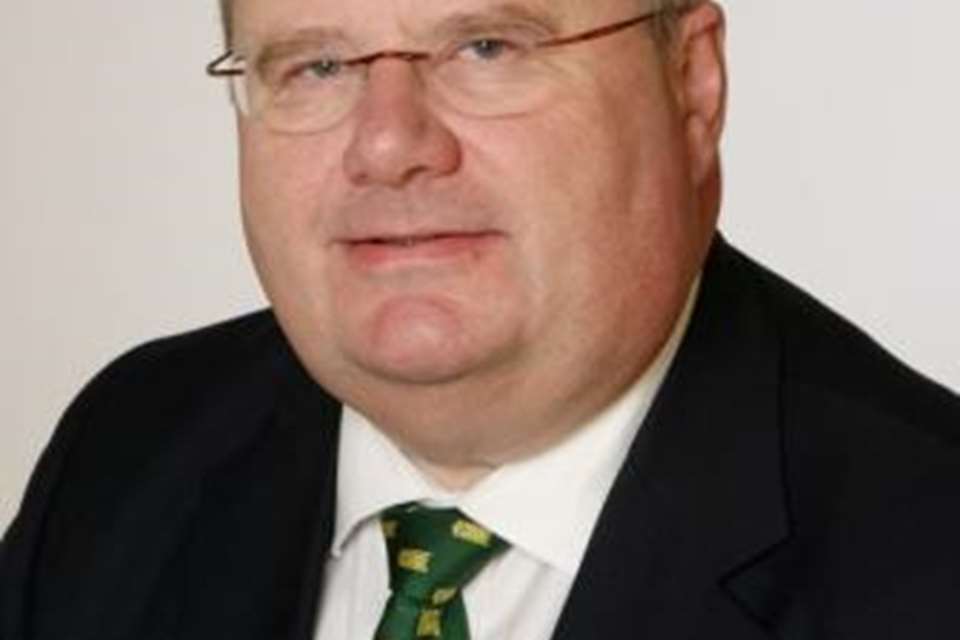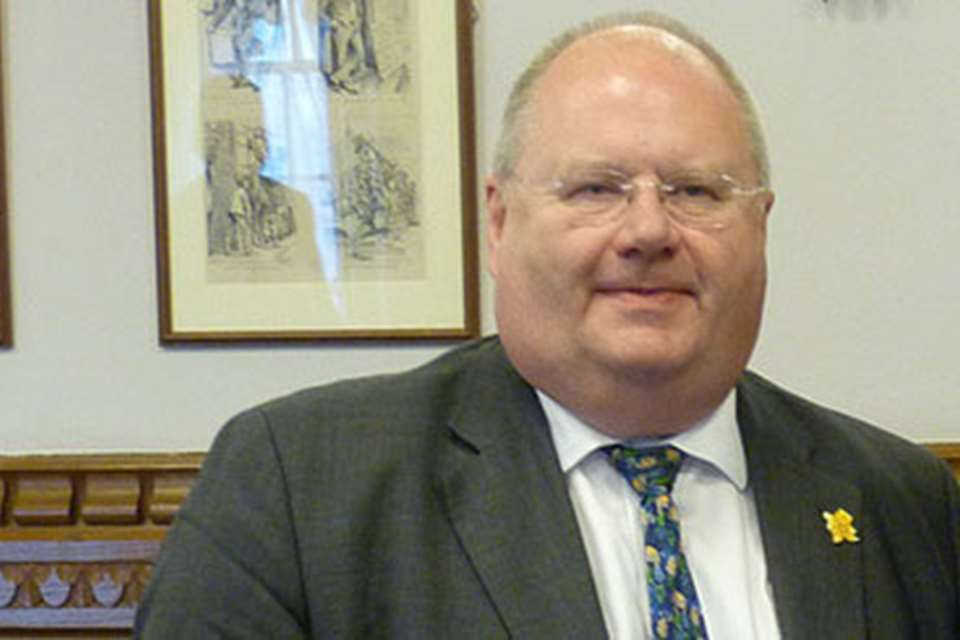Troubled Families Programme likely to miss its target
Friday, April 4, 2014
MPs have raised concerns that the Government will miss its target of ‘turning around’ the lives of England’s most ‘troubled families’.

According to the Public Accounts Committee, the Government’s two ‘troubled families’ programmes are both behind schedule and need to ‘speed up’ progress in order to meet their targets.
The Department for Communities and Local Government’s (DCLG) ‘Troubled Families Programme’ aims to change the lives of 120,000 families identified as having multiple and complex social, health and economic problems by May 2015, with a budget of £448 million.
The Department for Work and Pensions’ (DWP) ‘Families with Multiple Problems Programme’ has a budget of £200 million to find employment for 22 per cent of individuals being targeted by its scheme.
In its report, the Committee says that the DCLG’s programme is 13 per cent behind its own expectations of performance.
By October 2013, the programme had improved the lives of 22,000 families, leaving a further 98,000 to be ‘turned around’ by May 2015.
However, in a written ministerial statement published on Wednesday, communities secretary Eric Pickles said new figures showed that 86 per cent of families (100,000) have now been identified as meeting the criteria for the programme, with councils ‘actively working’ with more than two-thirds (78,000) of them.
Meanwhile, the Committee’s report claims that the DWP has reached just 4 per cent of its expected performance as of September last year, with only 720 people having been found long-term work.
The chair of the Public Accounts Committee Margaret Hodge MP said, ‘The lower than expected performance of both programmes is partly down to the Government’s baffling decision to implement two separate programmes for troubled families, which has resulted in confusion and unnecessary duplication.
‘Another challenge has been the departments' reliance on individual local authorities and private providers to deliver outcomes. There have been big variations in performance, which put achieving the programmes’ objectives at risk.’
She concluded, ‘We now need to see clear improvements in performance against targets and real cash savings made from these programmes. And the Government needs a clear plan for the delivery of the next phase of the Troubled Families programme, starting in 2015.
‘These actions are essential not only to turn around the lives of the troubled families involved, but also to deliver savings and demonstrate value for money.’
The Committee also recommends that both Government departments ensure performance in each local authority, and by each contractor, is scrutinised to properly manage the contracts giving appropriate support, but also imposing sanctions when necessary.
A Government spokesperson said, 'The Troubled Families programme is on track and having a big impact on some of the hardest to help families in the country. This report acknowledges that the programme was three per cent ahead of the committee’s own expectations at the end of last year, with over 22,000 families turned around in just 18 months. This means children are back in school; youth crime and anti-social behaviour is significantly reduced; and adults are either in work or on a path to employment. But there is always more to do and we expect performance to improve even more over the next year.
'Over 100,000 families have now been identified for help through this programme and over 78,000 are being actively worked with. Together, these programmes provide value for money for the taxpayer through payment by results, which is better for taxpayers and those we are supporting on the programme.'
Commenting on the Committee for Public Account’s report, Anne Longfield, chief executive of 4Children, said, ‘The Troubled Families Programme is an important programme which has the potential to transform the lives of some of the most vulnerable families in the country who have multiple, complex needs.
‘Some local areas are achieving real change, yet, as our own analysis revealed, progress is inconsistent and many local areas need to do better. The latest statistics show good progress nationally but it is not clear how many families have been "turned around" as this has not been reported on. This is something that we are calling on the Government to reinstate and publish it in the interest of transparency. ‘
She added, ‘While it is vital to focus tailored support on families already in crisis, it is even more important to act early to prevent families who are only just coping from being engulfed by their problems and move towards a prevention rather than cure society. The cost of early intervention is much lower than waiting until families are in crisis. That’s when we will really start to reap rewards, both for families and for the public purse.’











